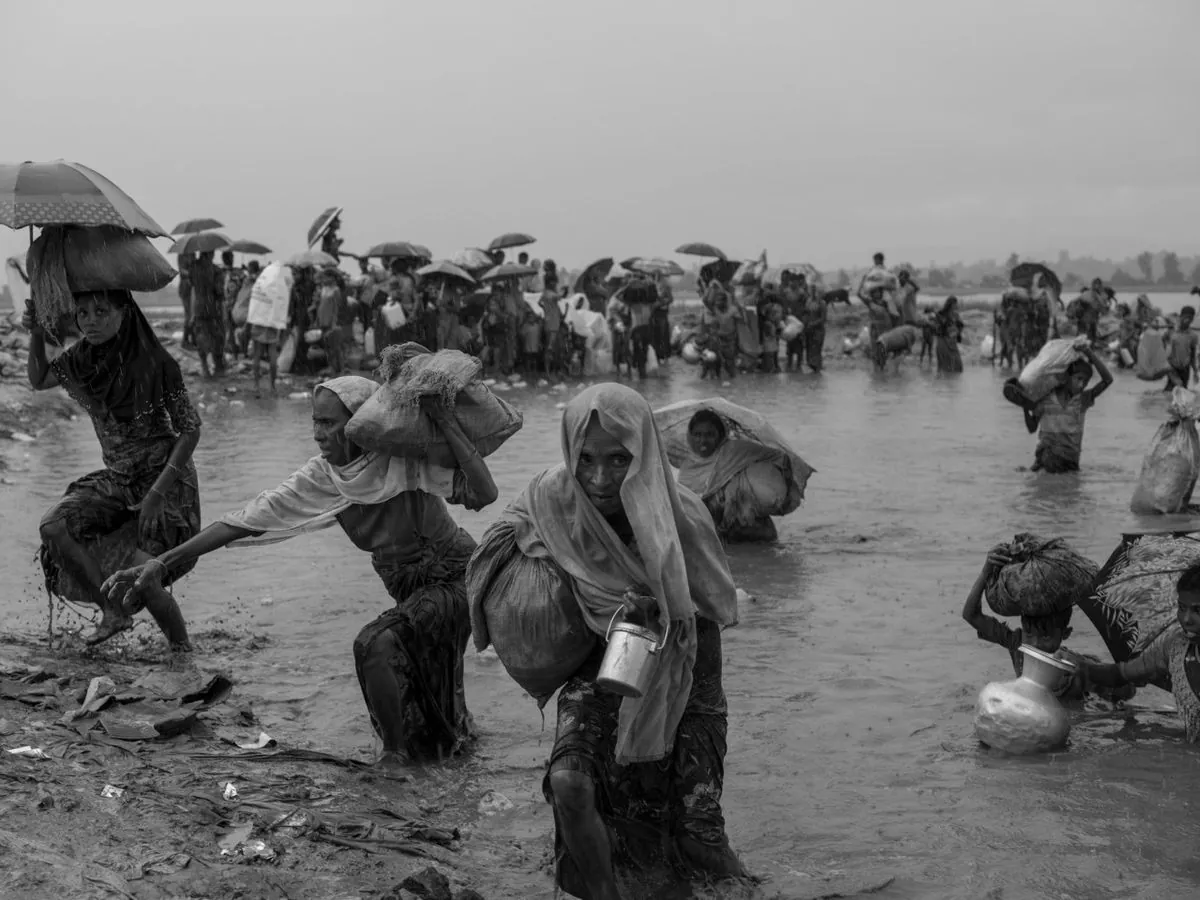Hidden crisis: Fresh wave of refugees escapes Myanmar as world looks away
In Bangladeshʼs Coxʼs Bazar new Rohingya refugees arrive daily escaping violence from both Myanmar military and ethnic armed groups. The worlds largest refugee camp faces fresh challenges as international attention fades

In a small-rented room in Coxʼs Bazar Karim sits sharing his story of loss. His 7-year old daughter died in a recent bombing in Myanmarʼs Rakhine state (an attack he says was done by the Arakan Army)
Myanmar has turned into a place where it is impossible to live for Muslim people like us. If weʼre sent there‚ they will kill us
The situation mirrors events from about 7 years ago when over 740‚000 Rohingya escaped to Bangladesh; however todays context is different — the Arakan Army has become an extra source of danger alongside Myanmarʼs military
Bangladeshʼs response to this new wave shows a shift: while the previous government led by Sheikh Hasina welcomed refugees; the current interim leader Muhammad Yunus faces tough choices about managing whats become the worlds largest refugee camp. His government dont accept new arrivals; pushing them back despite international laws
- Limited food supplies
- Overcrowded living spaces
- Growing security problems
- Reduced aid resources
The global response has changed too — international media that once crowded Coxʼs Bazar is now almost non-existent. The camps themselves have become harder to access due to rising safety issues; while inside refugees share stories of recent escapes: some lost entire families crossing the Naf River; others watched loved-ones drown when boats capsized
The Rohingya Cultural Memory Centre stands as a bitter-sweet reminder of whatʼs been lost: detailed wooden models show homes mosques and shops that once existed in Rakhine — now just memories preserved in this make-shift museum. The exhibits tell stories of a community whose physical connection to their homeland grows weaker with each passing day





























